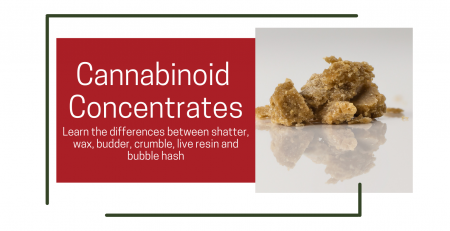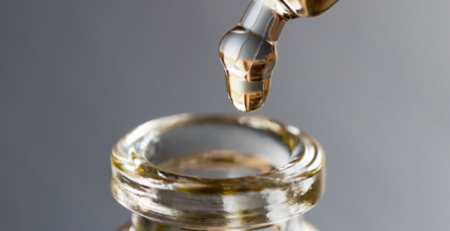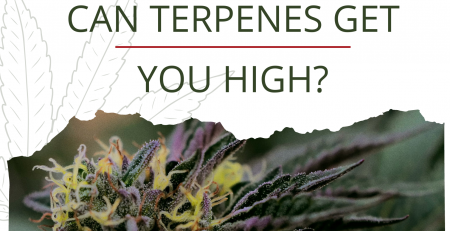CBD- what we know, what’s left to learn
CBD- what we know, what’s left to learn
What do we know about CBD? Cannabidiol, or CBD is the second most common active cannabinoid in cannabis. CBD is an active ingredient in Medical Marijuana that comes from hemp or is manufactured in a lab. It is one of over 150 essential compounds in cannabis but unlike THC, it does not cause intoxication. The World health Organization has this to say about it, “In humans, CBD exhibits no effects indicative of any abuse or dependence potential…. To date, there is no evidence of public health related problems associated with the use of pure CBD.”
Is CBD legal?
In 2018, the United States passed the Farm Bill. This bill removed all hemp-derived products, including CBD, from the Controlled Substances Act. This Resulted in decriminalizing the possession and production of hemp products. The strange thing about this bill? It states that CBD is legal if it comes from hemp, but not if it comes from marijuana– even though it is the exact same chemical compound.
What can CBD be used for?
While there still needs to be more research on what effects CBD might have on the human body, there are some findings to report. Some scientific evidence supports its treatment of both Dravet Syndrome and Lennox-Gasaut Syndrome. These are forms of childhood epilepsy that typically don’t respond well to anti-seizure medications. In several studies, CBD was responsible for the either drastic reduction or stopping of seizures altogether. This finding led to the FDA approval of the medication Epidiolex, the first cannabis derived medication for this purpose.
In addition to the findings above, there have been some animal studies and self-reports. They suggest the possibility of CBD having an effect on anxiety, insomnia, chronic pain, inflammation, arthritis and even addiction. Again, we need to conduct more studies before any of these findings can be taken as gospel but there are definitely some positive outcomes.
How safe is CBD?
CBD is relatively safe, with users reporting only minor side effects. Some of which include nausea, fatigue or irritability. Quite often these effects are only present if someone has taken more than recommended dose. However, CBD can increase blood thinning if taken with other medications that compete with the liver enzymes to break them down. To set the record straight though, grapefruit has had a similar effect on blood thinning under the same conditions.
Another concern regarding the safety of CBD is marketing. Regulating bodies don’t oversee each dose of CBD because it is only sold as a supplement, not as medication. This leaves the door open for other unknown substances to be present. Not to mention that since it is only supplemental, there has been little research suggesting effective therapeutic dosing amounts for any medical condition.
What are the dosing options for CBD?
CBD is extremely versatile and can be found in a wide variety of forms, including capsules, patches, oils, extracts, vapes, and topicals. Depending on your symptoms, you might choose a tincture, spray or patch which quickly delivers the CBD directly to your bloodstream. If you are suffering with muscle or joint pain a lotion or balm might suit you best. For those who enjoy smoking or vaping, these forms of CBD offer 50% more bio-availability.
Outside of the US there is a prescription medication available containing CBD, called Sativex. This medication treats muscle spasms associated with symptoms of MS. For those in the US, the aforementioned Epidolex might be an option for those suffering from seizures.
Final thoughts on CBD
While some manufacturers claim that CBD is a cure all for everything from diabetes to cancer, we cannot make can such health claims. What do we actually know about CBD? With more studies, we might be able to prove CBD to be a relatively safe and effective way to manage anxiety, insomnia, and chronic pain. Until we complete comprehensive human studies, there is no way to pinpoint effective dosing. This combined with its status as an unregulated supplement, impedes our ability to truly know exactly what we are getting. If you decide to add CBD into your daily regime, make sure to view the COAs so you can be sure that the product you are getting is exactly what you are paying for.














Leave a Reply